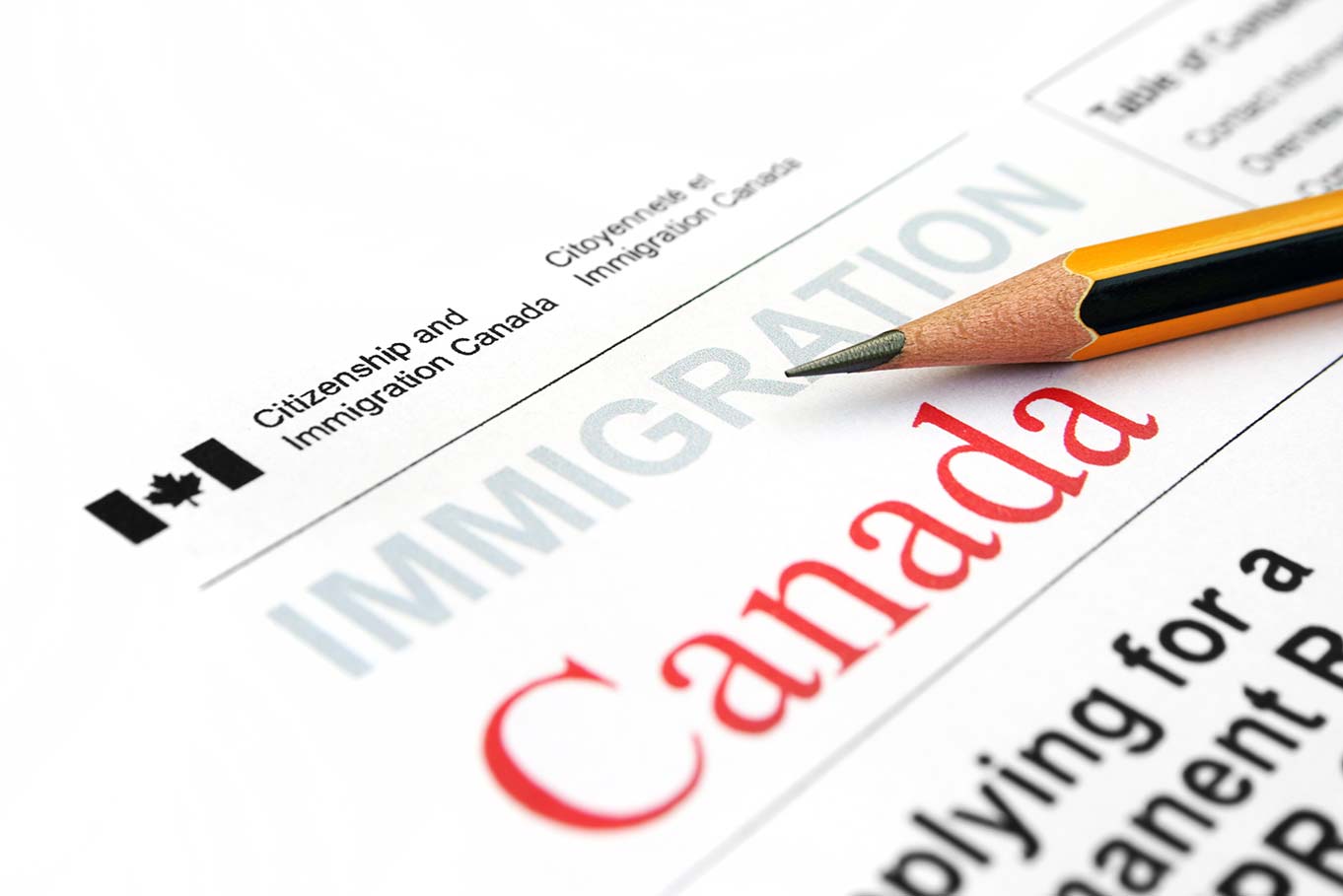Canada’s immigration lawyers are calling on the government to nix any proposed measure to waive the eligibility criteria for temporary resident visa applications that are stuck in an unprecedented processing backlog.
“It is counterproductive to repairing trust in Immigration Refugee Citizenship Canada (IRCC), which is one of the intended goals of this proposed new measure,” said the Canadian Immigration Lawyers Association (CILA).
“If the criterion for approval is unilaterally waived, this will erode public confidence in the integrity of Canada’s immigration system and rules, not rebuild trust. The public will fear a spike in the number of individuals who overstay; work without authorization due to insufficient funds; or make refugee claims,” CILA said in a statement posted on its website.
The Association was commenting on a report by The Globe and Mail that the federal government is considering extraordinary measures to reduce its backlog of immigration applications, including waiving eligibility requirements for nearly half a million visitor visas.
Quoting from a draft document, the paper said IRCC is trying to significantly reduce or eliminate its inventory of visitor visa applications by February and is willing to use “aggressive measures” to do so. There were more than 700,000 temporary resident visa (TRV) applications in the system as of early December, a portion of the overall sum.
Canada is currently struggling with a critical labour shortage — over one million vacancies — and a historical visa processing backlog with more than two million applications stuck in the pipeline. At the same time, Canada’s new Immigration Levels Plan aims to welcome 465,000 permanent residents in 2023; 485,000 in 2024; and 500,000 in 2025.
IRCC said it is has seen “significant improvements in recent months and will continue to process temporary resident visas more quickly to respond to the growing number of people who want to visit Canada.”
“We are now processing visitor visa applications even faster than we did before the pandemic. In November 2022 alone, over 260,000 visitor visas were processed. In contrast, the monthly average in 2019 was about 180,000 applications,” an IRCC spokesperson told NCM.
“Despite the progress we’ve seen, there is still much more to do to improve processing timelines. IRCC continues to explore all available options to reduce inventories and improve client service.”
IRCC declined to comment directly on the contents of the draft memo which reportedly outlined two options.
The first would involve IRCC processing an estimated 195,000 applications in bulk, include a large number of tourists from countries that require a visa to visit Canada.
Under the second option, Immigration Minister Sean Fraser would waive certain eligibility requirements for roughly 450,000 applications.
By waiving eligibility rules, foreign nationals would not need to establish that they will leave Canada when their visa expires.
While the policy would help result in better processing times, the memo warns of bogus refugee claims slipping through the system.
CILA said it has significant concerns about the lack of consultation with stakeholders about the proposed changes and is demanding more transparency from IRCC.
In the meantime, CILA has made the following recommendations for IRCC to reduce backlogs:
- Require IRCC officers to return to the office to work;
- Implement new and better means to communicate with applicants and representatives so that IRCC resources are not unnecessarily wasted on responding to thousands of status inquires; ensure that the responses to applicants and representatives are meaningful to eliminate further inquiries;
- Allow applicants with maintained status to travel outside of Canada and temporarily re-deploy IRCC resources from extension applications to processing TRV applications;
- When processing in-Canada extension applications for those who also require new TRVs, process these concurrently to free up processing resources in Ottawa; reallocate these resources to where they are needed;
- Shift the processing of PR Card renewals to passport offices and only refer complicated residence cases to IRCC for evaluation and processing;
- Temporarily partner with CBSA to help process TRV-exempt temporary status applications at ports-of-entry to reduce pressures on IRCC.
IRCC said that it carefully assesses the benefits and risks of all available options when making decisions.
“This process involves consulting with multiple groups and decision makers before a policy or measure is finalized and a decision is made. Maintaining public trust by providing efficient and dependable service, while protecting the integrity of our immigration system and the safety and security of Canadians, is at the core of our decision-making,” the agency said.
A multiple-award winning journalist, Fabian Dawson is an internationally acclaimed author, filmmaker and media expert. His work over the last four decades spans the globe and he also serves as a consultant/strategic advisor to a variety of international companies. As deputy editor-in-chief of The Province, part of the Postmedia chain, Dawson led initiatives within a special publications group to provide directed content for a variety of organisations. He was named the 2019 recipient of the Bruce Hutchison Lifetime Achievement Award at Jack Webster Awards. Dawson has been invited by the governments of India, Malaysia, Taiwan, China, Hong Kong and the United States to act as a media observer/advisor on a variety of Asian-Canada issues. Dawson, now operates FD Media, which specializes in harnessing editorial assets to revenue generating opportunities.






“Require IRCC officers to return to the office to work;”
This is such an unfortunate and short sighted solution. Studies have shown over and over that working from an office is not a one size fits all solution. It actually limits diversity and people who need accommodations from working too.
I was diagnosed with cancer a few months ago and now have a large bald patch from radiation. I can’t even begin to express how my work would suffer if I had to work from an office with having to hide myself.
And it’s all great for you all to make these other suggestions, but for some of us going through the wait, it feels absolutely urgent that we get answers NOW. I’m trying to get my fiance here to provide support – and every day he’s not here I’m not eating well, not sleeping well, and it’s bad for my health.
Your suggestions are going to take too long to implement and some of us don’t have the time.